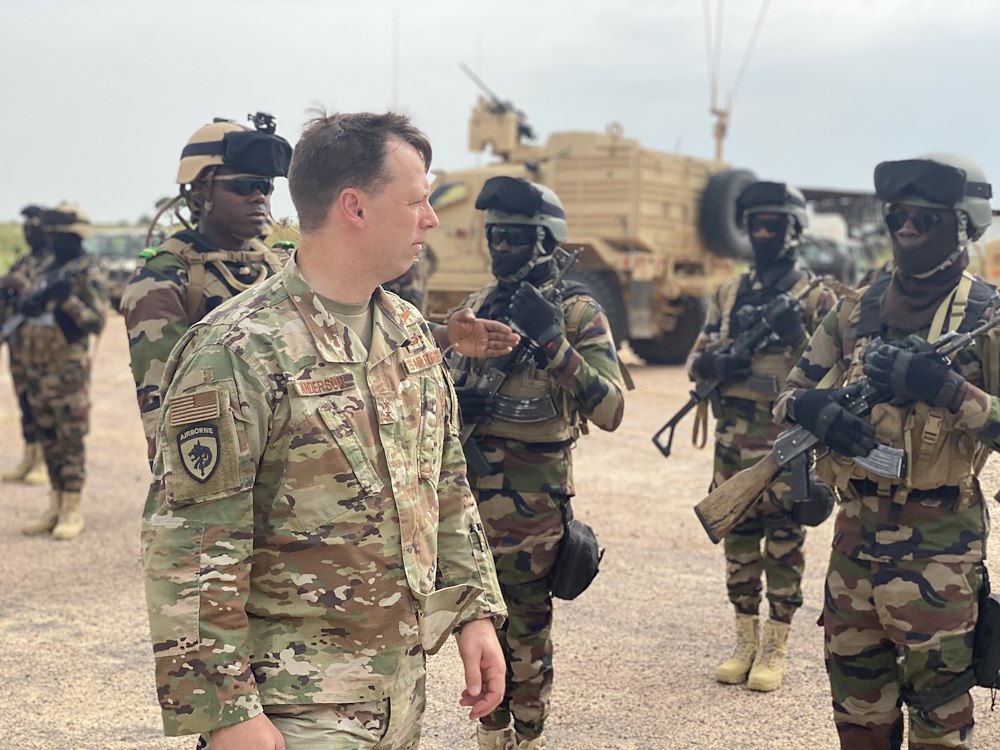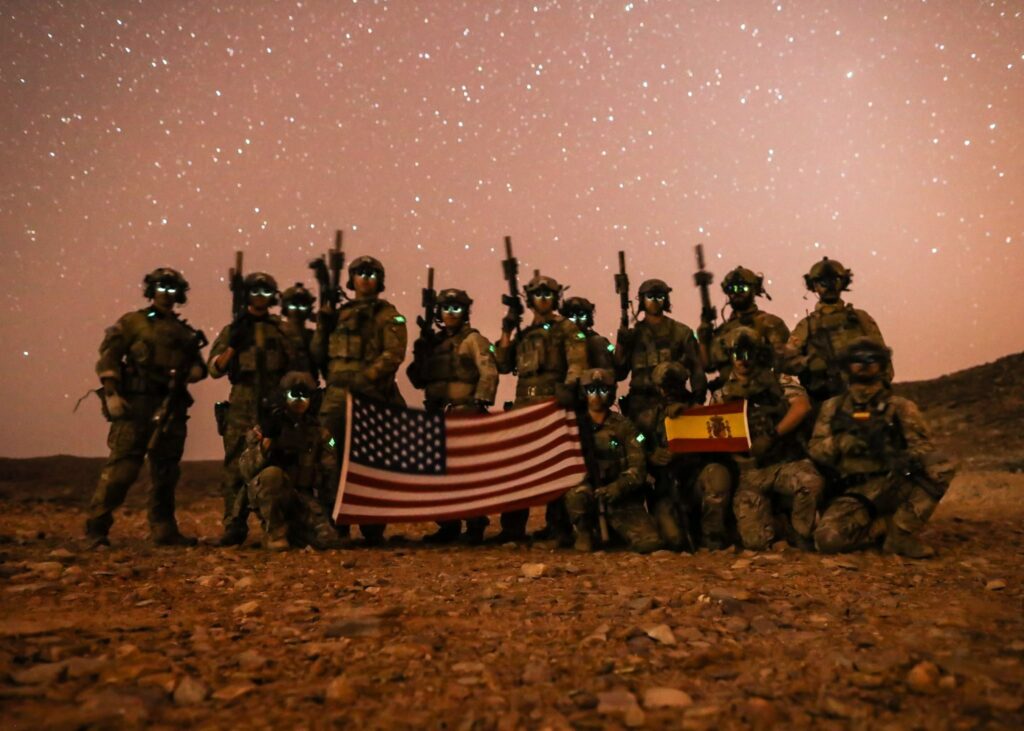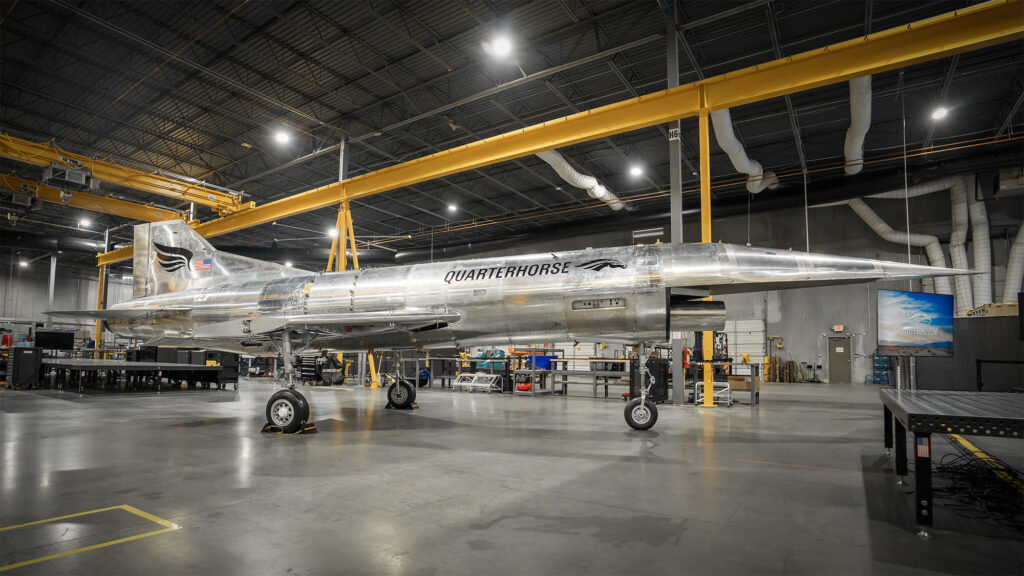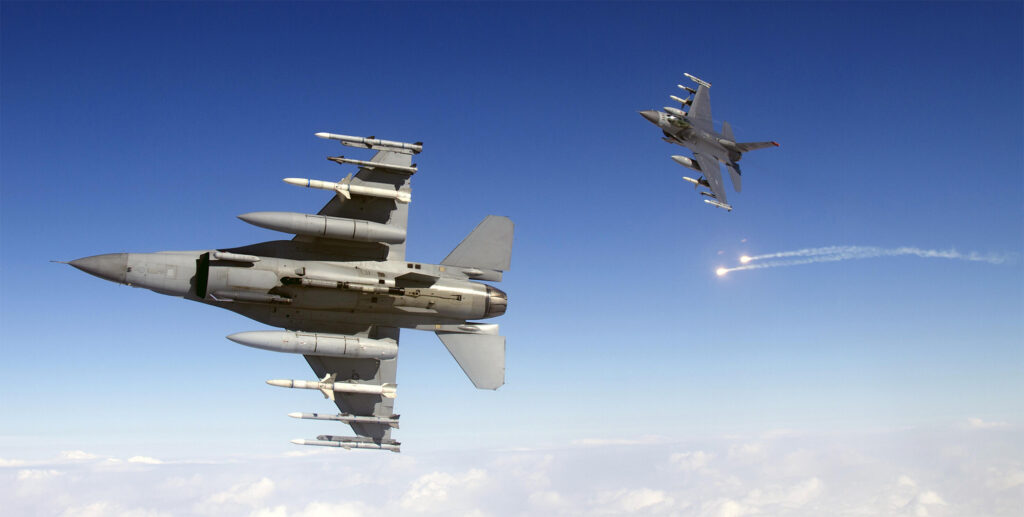In a historic move, the U.S. Army scrapped its African regional command and consolidated it with its forces in Europe.
The new regional command (U.S. Army Europe and Africa) will now encompass all Army units previously assigned to U.S. Army Europe and U.S. Army Africa commands.
According to the Army, the new regional command will be better prepared to meet strategic and operations objectives in both theaters through the ability to quickly shift forces from one continent to the other.
“This is not just a consolidation of a headquarters, it’s a consolidation of capabilities across theaters,” said General Christopher Cavoli, the upcoming commander of the new organization, in a press release. “The European and African theaters are inextricably linked. Their close geography and economic ties mean that regional security issues span both continents. In today’s modern security environment, we need to think across the entire hemisphere and not artificially divide problem sets – this consolidation allows that.”

What was U.S. Army-Africa will now be a task force (U.S. Army Southern European Task Force – Africa) with a focus on the African continent, and its commanding general will also serve as the deputy of the new organization.
The new regional command will be the second Army regional command that is lead by a four-star general, with U.S. Army Pacific being the first one. Historically, it was a four-star who led Army units stationed in Europe. But the end of the Cold War and the shift of focus on the Middle East following the 9/11 terrorist attacks gradually lessened the importance of the position in the Pentagon’s eyes, which turned it into a three-star command, until now.
“This consolidation enhances global and regional readiness in support of the National Defense Strategy,” said Army Secretary Ryan D. McCarthy. “The new structure will increase command and control effectiveness, flexibility and the capability to conduct large-scale, joint and multi-domain operations.”
The Navy has already made that consolidation with the U.S. Naval Forces Europe-Naval Forces Africa.
The Army expects the consolidation to be completed by the summer of 2022.

A significant troop withdrawal from AFRICOM’s area of operation earlier this year foreshadowed this consolidation.
Only the future will show the wisdom of this consolidation, however.
At a first glance, in the context of Great Power Competition – a struggle for influence and resources that doesn’t necessarily have to lead to open conflict – Africa might not seem as important as Europe or the Indo-Pacific, where the U.S. and its allies have to counter Russian and Chinese influence. But a more thorough look reveals the real importance of the African continent to U.S. interests.
To begin with, its adversaries are already deeply entrenched in it. China and Russia have political, military, diplomatic, and economic presence in tens of African countries. From Angola to Sudan to the Central African Republic, the two U.S. adversaries are vying for geopolitical influence and resources. Oil, gas, gold, precious stones, and metals are just some of the commodities that they are after. To gain access to those, China, at a larger extent, and Russia, at a much smaller scope, ‘bribe’ the corrupt or weak local governments with much-needed infrastructural projects or loans – loans that often the local governments cannot repay thus indebting themselves to their debtors and falling deeper into their influence.
In all of this, the U.S. is an interested bystander, handing out some loans, infrastructural projects, and humanitarian initiatives here and there. As a result, the Army’s new regional command might send the wrong signal to African partners, who might perceive it as the U.S’ withdrawal from Africa.


